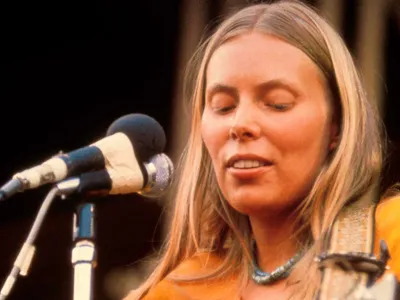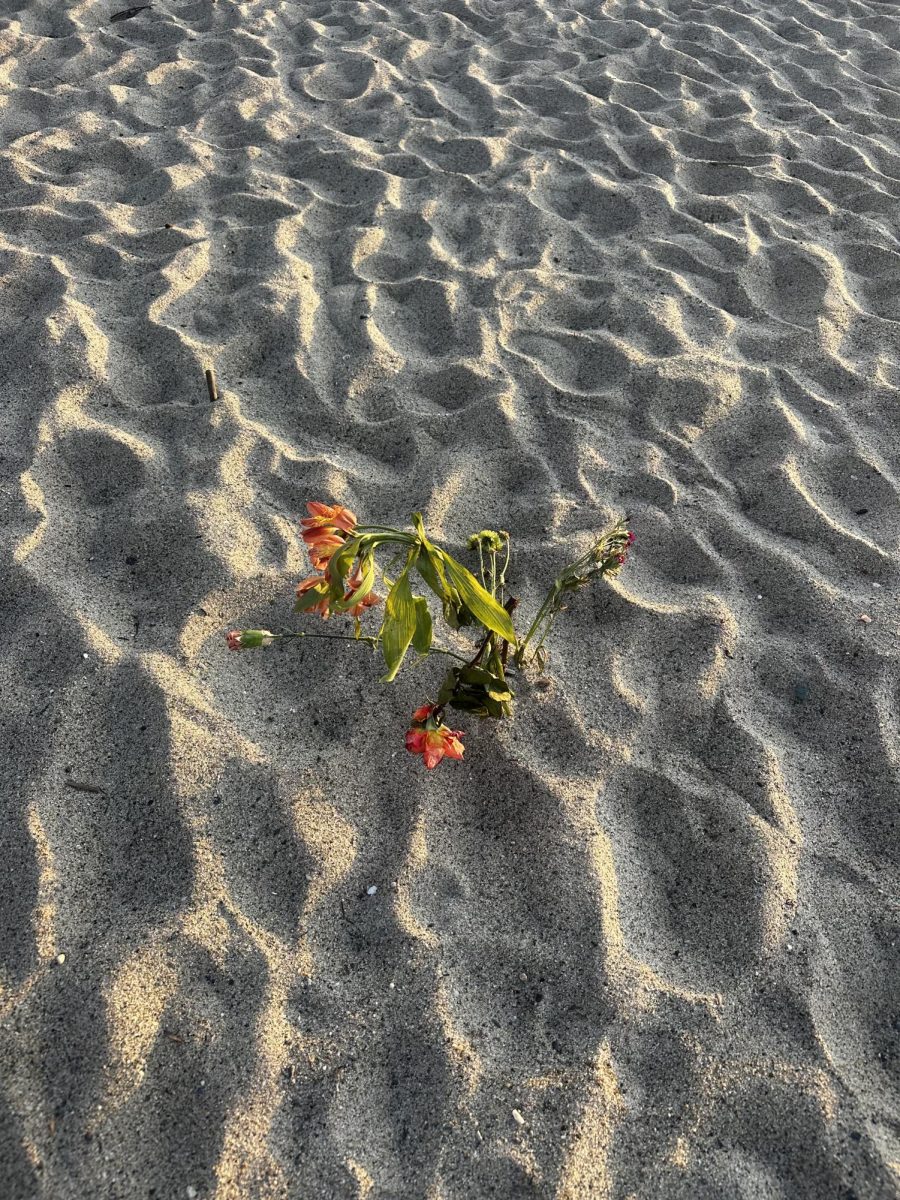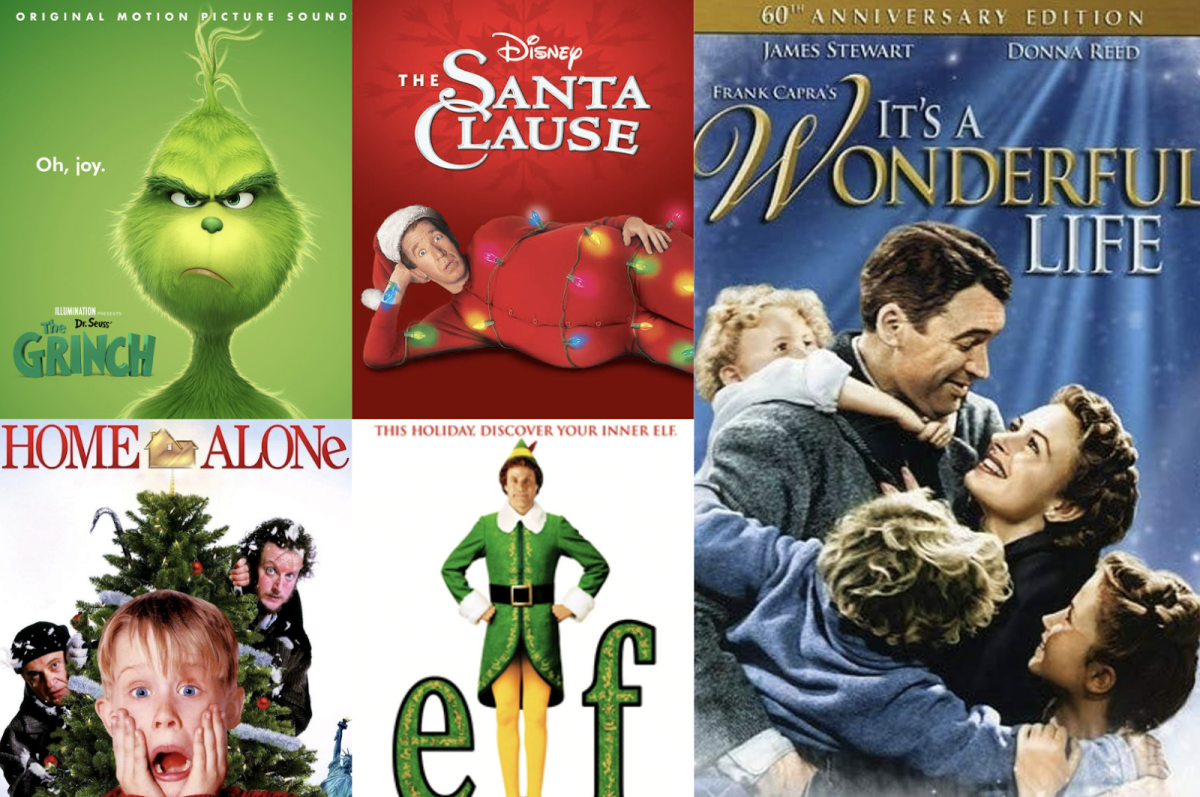Joni Mitchell is a Canadian-American singer and songwriter, famous for her folk music of the 1970s. After recovering from a brain aneurysm in 2015, Joni Mitchell reentered the spotlight with her moving performance of her song “Both Sides Now” at the Grammys in February. With all this renewed interest in the singer, it is almost impossible to disregard her continued contributions to environmental and women’s rights causes.
Throughout the 70s, there was increasing tension in America, with second-wave feminism, the Vietnam War, and the environmental crisis. Decades of careless pollution and oil spills brought awareness of how quickly the environment was deteriorating. Americans observed the first Earth Day in 1970, which cemented the environment as a pressing national issue over the next decade.
In 1975, at the height of the environmental movement, Mitchell traveled to Hawai’i. Expecting lush tropics and a view of the Pacific Ocean, Mitchell was shocked to see a concrete parking lot outside her window. Angered by the destruction of nature, Mitchell wrote arguably her most famous song, “Big Yellow Taxi.” The lyrics discuss how they “paved paradise” and “took all the trees, and put ’em in a tree museum / And charged the people a dollar and a half just to see ’em.” Mitchell also references DDT, an infamous pesticide of the 70s that was discovered to be a possible carcinogen. Outside of her music, Mitchell has given speeches advocating for preserving the environment, like her Earth Day speech in San Francisco, where she said that as a nature lover, she is in “terrible pain.”
Being a successful, independent female artist in the 70s, Mitchell inevitably faced backlash. In her critically acclaimed albums like Blue, Mitchell describes the women in her songs as having complex lives that a man didn’t overshadow. Mitchell may not refer to herself as a feminist, but she still continues to fight for women’s rights in her music. Mitchell has been alive for the end of the Vietnam War, the rise of global warming, violence at schools, and racial inequity. As the years change, so does her music, providing commentary through the years on new issues.
Most of Joni Mitchell’s songs protest injustice, whether against women, veterans, or the environment. Although she wrote these songs in the 70s, 80s, and 90s, almost all the issues are still relevant today. Recently, after removing her songs to protest misinformation spread about Covid-19 on the platform, Mitchell’s music is back on Spotify. So, please take a moment out of the day to listen to her beautiful music.










Sally Savitz | Apr 1, 2024 at 9:58 pm
Joni is the best poet and lyricist of our time. She has an amazing depth in her lyrics. Listen to her song “Cherokee Louise” as one example of that. I believe she is musical genius with her innovative tuning inventions. Her voice is unbelievable. I got to briefly meet her in Frankfurt when I was 28 and she was 27. There will never be another Joni Mitchell